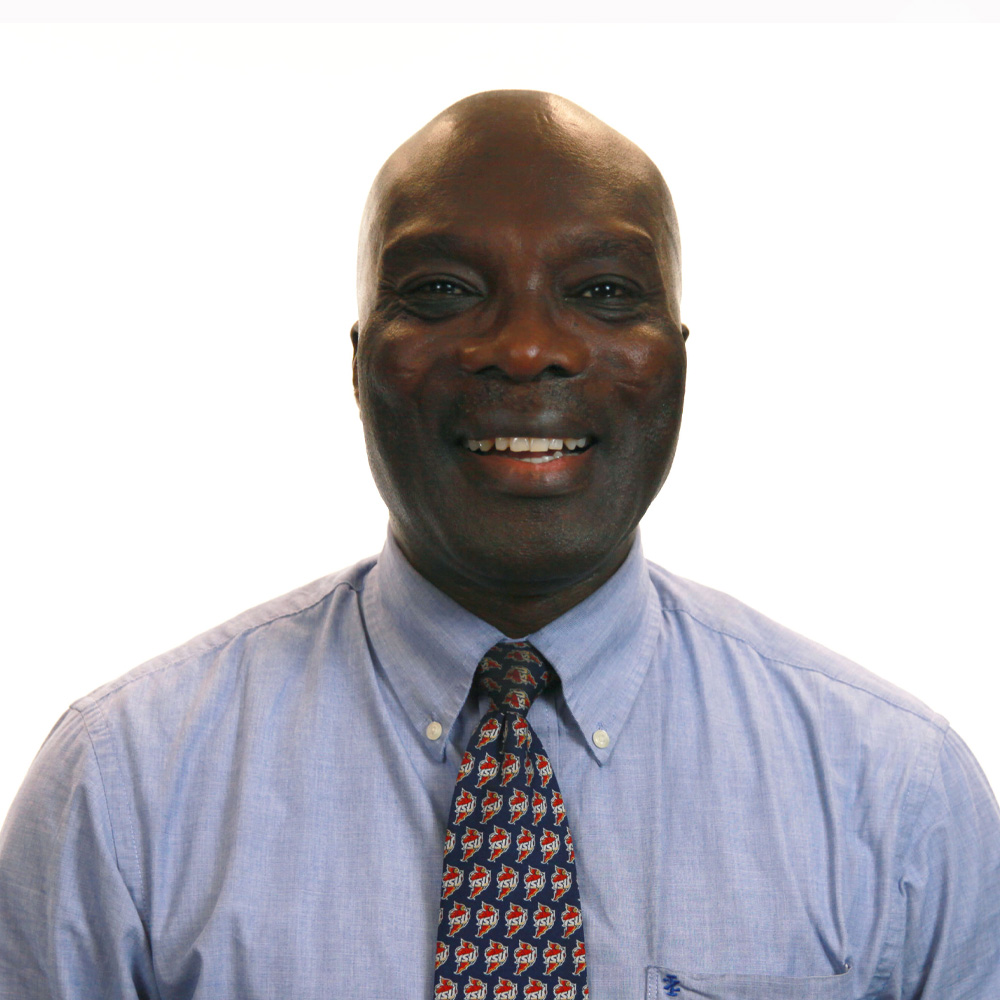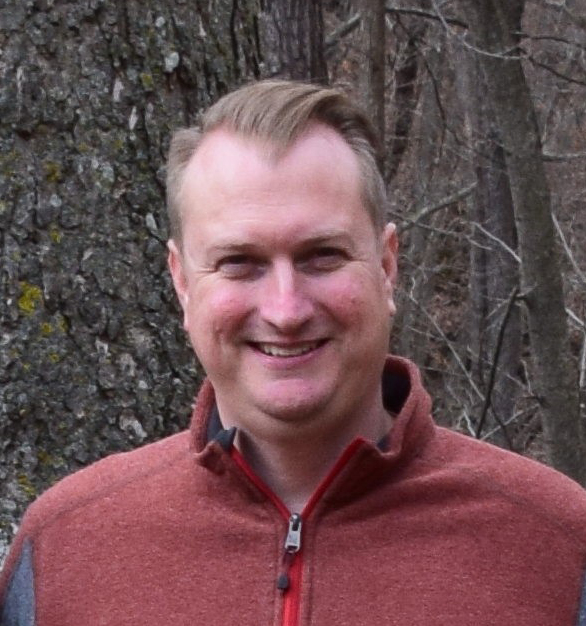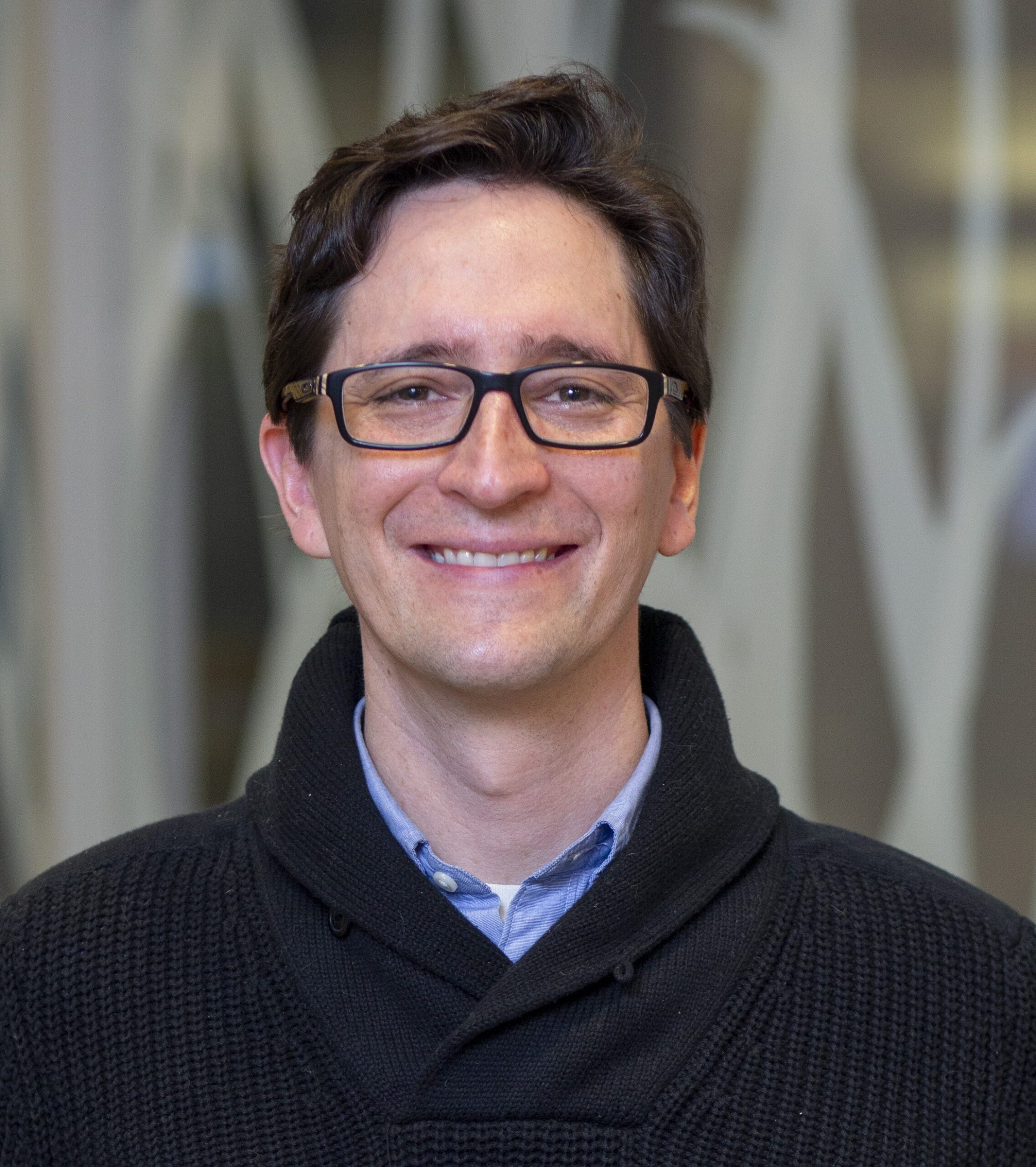Kwaw-Mensah, David
Dr. David Kwaw-Mensah is an Associate Teaching Professor in the Department of Agronomy. His degrees include a Ph.D. in Agricultural Education (Extension Education), with a Ph.D. minor in Environmental Science (Soil and Water Quality), Iowa State University, 2008, M.S. in Soil Science (Soil Management), Iowa State University, 2005, M.S in Agricultural Land-use Planning, University of Pretoria, South Africa, 1996, and B.Sc. (Hons) in Agriculture (Agronomy), Kwame Nkrumah University of Science and Technology, Ghana, 1982. He joined the Agronomy Department in 2012 as a Research Associate in Soil Management and Environment, focusing on tillage system and residue management research. In 2017 he joined the Master of Science Agronomy Program as Assistant Teaching Professor and currently teaches the following courses in the Master of Science Agronomy Program: Agronomy 532 (Soil Management), Agronomy 512 (Soil-Plant Environment), Agronomy 592 (Current Issues in Agronomy), and Agronomy 599M (Creative Component). Dr. Kwaw-Mensah also teaches a section in the undergraduate course Agronomy 342 (World Food Issues: Past and Present). He is a passionate teacher who believes in a respectful and inclusive learning environment. His teaching philosophy is grounded in the theory of transformative learning and constructivism. He shares in the thoughts of the 450 BC Philosopher, Confucius who once said, “Tell me, and I will forget; Show me, and I may remember; Involve me and I will understand.” He believes learning is an active lifelong biological process, which must be objectively evaluated using both formative and summative methods. He believes in engaging his students by telling, showing, and actively involving them in the learning and discovery process.
Miller, Bradley
Dr. Bradley Miller leads the Geospatial Laboratory for Soil Informatics, focusing on digital soil mapping and soil geomorphology. Dr. Miller’s research seeks to improve soil maps to enable property owners and farmers to make informed decisions about their land use. Soil maps provide insights into soil erosion potential, nutrient levels, and other factors affecting the health of ecosystems. Soil maps play a role in water resource management by indicating different soil types’ permeability and drainage characteristics. This information helps design effective water irrigation systems, manage water runoff, and prevent waterlogging. In addition, proper knowledge of soil conditions is crucial for designing structures that can withstand the local environmental conditions. Overall, spatial soil information is crucial for developing strategies to protect and manage natural resources, especially in agriculture.
Soil maps are critical for monitoring changes in soil resources over time. Soil management, by definition, changes soil. Different soil management practices can lead to degradation, such as loss of soil structure, nutrient content, and erosion. However, management practices can also improve soil resilience, supporting better soil water dynamics and nutrient supply. This information is vital for sustainable land management practices and helps identify areas where soil conservation measures may be needed.
Dr. Miller also contributes to the educational mission of Iowa State University by helping students and professionals understand the diversity of soils and their implications for various applications. Soil maps are valuable resources for decision-making in agriculture, land use planning, environmental management, water resource management, construction, and related fields.
Awards
- Dean’s Citation for Extraordinary Contributions to the College of Agriculture and Life Sciences, 2023
- Dean’s Citation Team Award, College of Agriculture and Life Sciences, 2022
- NSF CAREER Award, 2021
- Early Achievement in Research Award, College of Agriculture and Life Sciences, 2021
- Dan Yaalon Young Scientist Medal, International Union of Soil Sciences, 2018
- Citation for Excellence in Manuscript Review, Soil Science Society of America Journal, 2015



